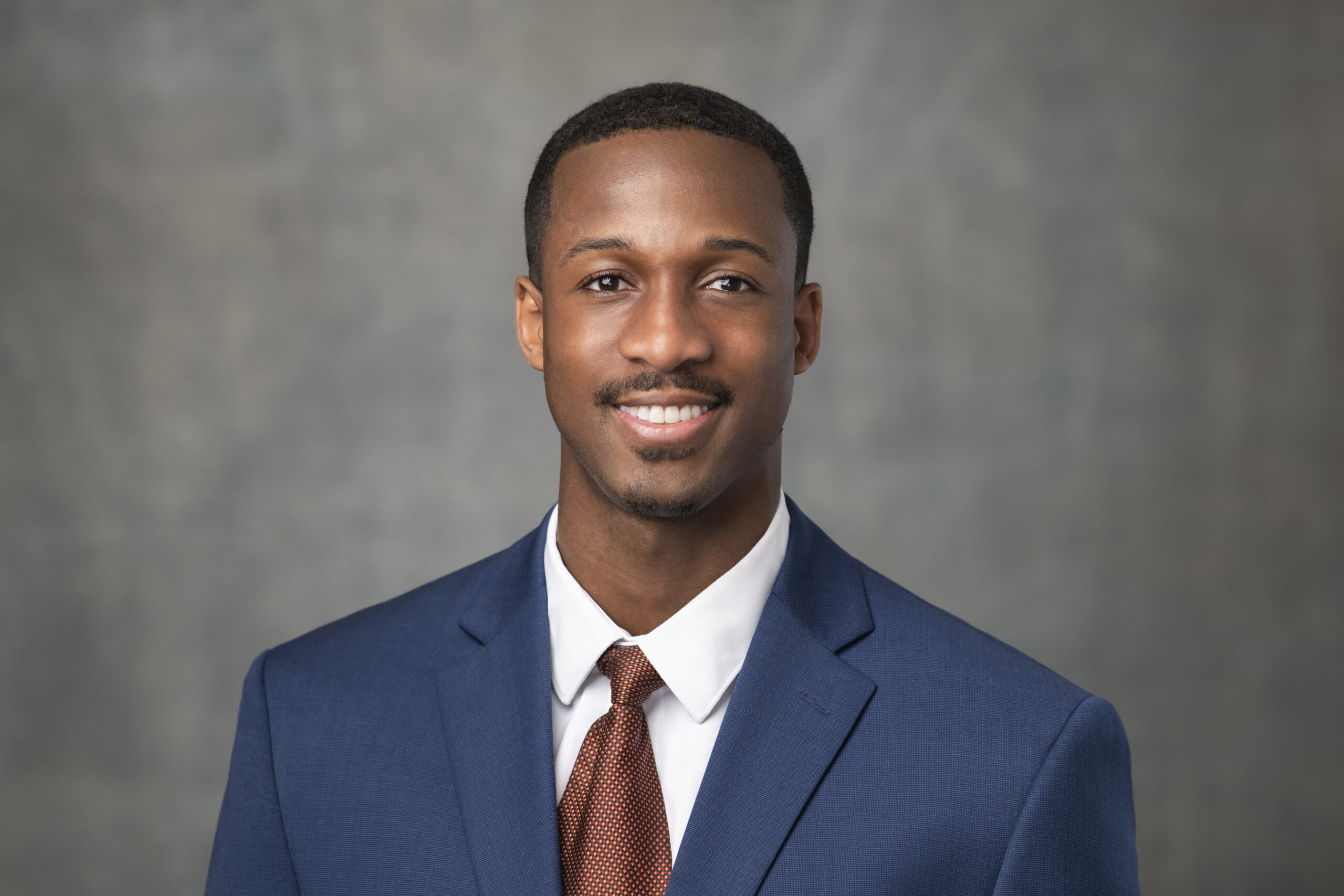When choosing between a Ph.D. or Psy.D. in clinical or counseling psychology, students should consider key differences in program focus, career paths, and the practical versus research-based emphasis. Below is a breakdown to guide students from college through the decision-making process as they prepare for graduate programs.

1. Program Focus and Theoretical Orientation
Clinical Psychology programs traditionally focus on diagnosing and treating mental health disorders. They are rooted in the medical model and emphasize assessing severe psychopathology (such as schizophrenia, bipolar disorder, etc.). These programs often operate in healthcare settings like hospitals, private practices, and psychiatric facilities. Clinical psychology programs can vary in orientation but often emphasize cognitive-behavioral or psychodynamic approaches.
Counseling Psychology programs, by contrast, tend to focus on helping clients with life challenges and developmental issues, such as career transitions, relationship issues, or self-identity concerns. This field operates from a holistic or wellness perspective, emphasizing clients’ strengths and resilience and preparing students for roles in educational, community, and career counseling settings.

2. Ph.D. vs. Psy.D.: Research vs. Practice
Both Ph.D. and Psy.D. degrees in clinical or counseling psychology offer unique pathways:
Ph.D. (Doctor of Philosophy): Ph.D. programs are research-intensive, preparing students to contribute new knowledge to psychology. These programs typically require significant research and a dissertation and are ideal for those interested in academia, research, or advanced clinical practice. Ph.D. programs are also highly competitive and often provide more funding options than Psy.D. programs.
Psy.D. (Doctor of Psychology): Psy.D. programs focus more on clinical practice, preparing students for direct client work rather than research. Although these programs also cover research, the emphasis is on application in therapeutic settings. They often suit students aiming for hands-on roles in clinical practice, hospitals, or private practice. Psy.D. programs are shorter than Ph.D. programs but may have fewer funding opportunities.

3. Admissions Requirements and Process
Both programs generally require a strong academic background, GRE scores, and experience in research or relevant clinical settings. Clinical psychology Ph.D. programs are among the most competitive due to the high demand and limited spots. In contrast, Psy.D. programs may have slightly lower admission rates, making them accessible but less likely to offer substantial financial aid.
Counseling psychology programs often look for experience in counseling, educational psychology, or community service roles and emphasize interpersonal skills and a demonstrated commitment to working with diverse populations. The fit between the student’s personal goals and the program’s orientation is also critical.

4. Differences in Coursework and Training Experiences
Clinical Psychology students can expect more intensive coursework in assessing, diagnosing, and treating psychopathology. Clinical training often includes practicums in hospitals or mental health clinics, where students work with clients with complex mental health needs.
Counseling Psychology students will complete lifespan development, vocational psychology, and multicultural competency coursework. Practicums and internships are typically located in community agencies, schools, or counseling centers, where students can work with clients dealing with adjustment issues, career development, and life transitions.

5. Licensure and Career Paths
Both clinical and counseling psychologists require licensure, which involves completing a doctoral degree, supervised clinical hours, and passing the Examination for Professional Practice in Psychology (EPPP). However, their career paths may vary:
- Clinical Psychologists often pursue roles in hospitals, private practice, research institutions, or academia.
- Counseling Psychologists might work in university counseling centers, community health settings, schools, or private practice.
Clinical Ph.D. graduates are well-positioned for research-intensive roles and academia, whereas Psy.D. and counseling psychology Ph.D. graduates may focus more on therapeutic roles.
Final Considerations
Students should consider their ultimate career goals and preferences for research versus practice in choosing between these programs. Those who enjoy research and academia may thrive in a Ph.D. in clinical psychology. At the same time, students focused on direct client work may find a better fit in counseling psychology or a Psy.D. program.

Please reach out if you have questions!



